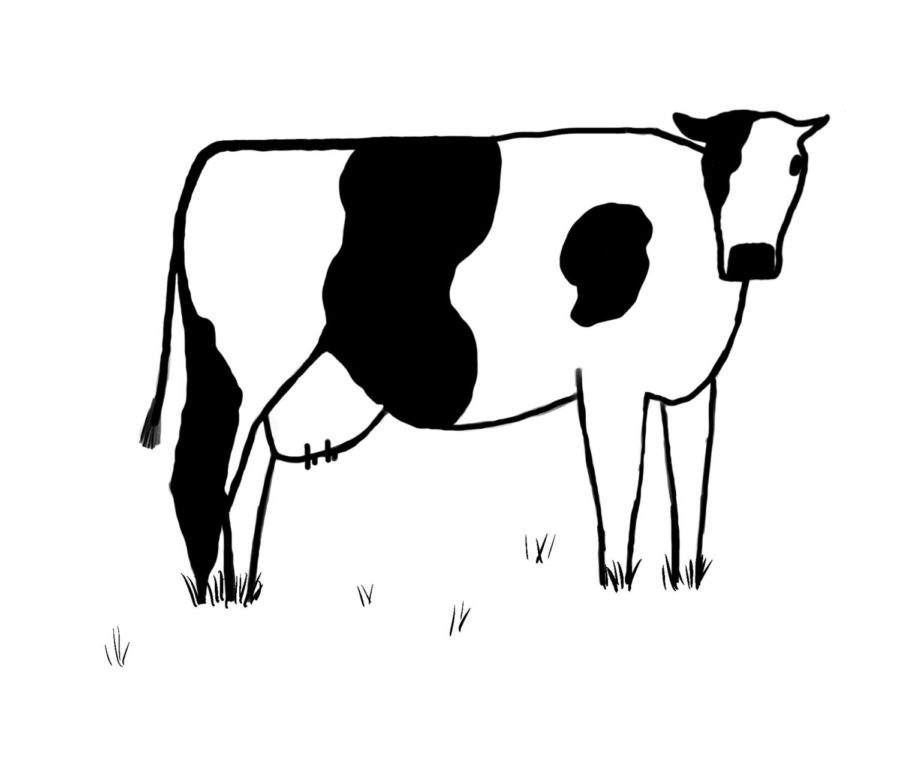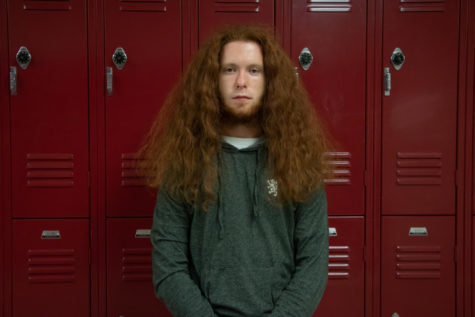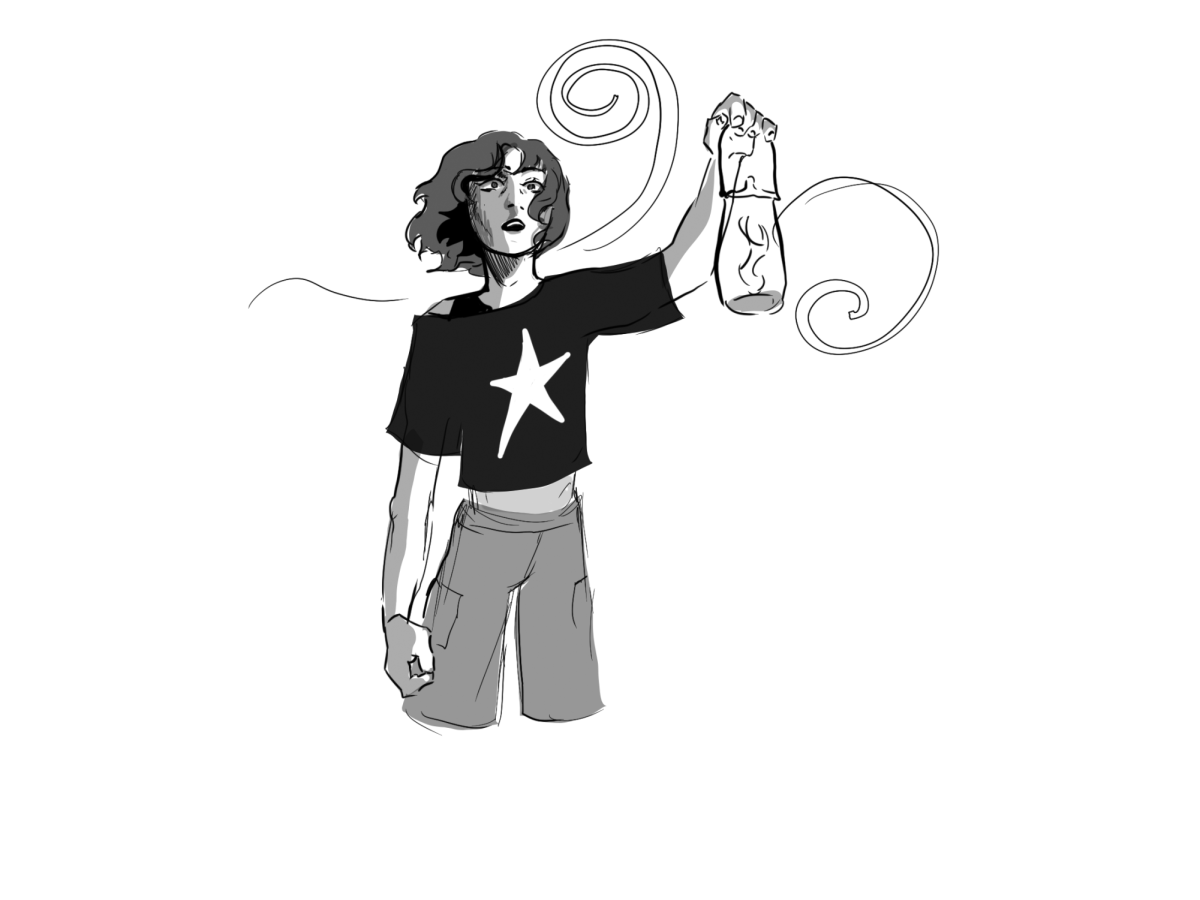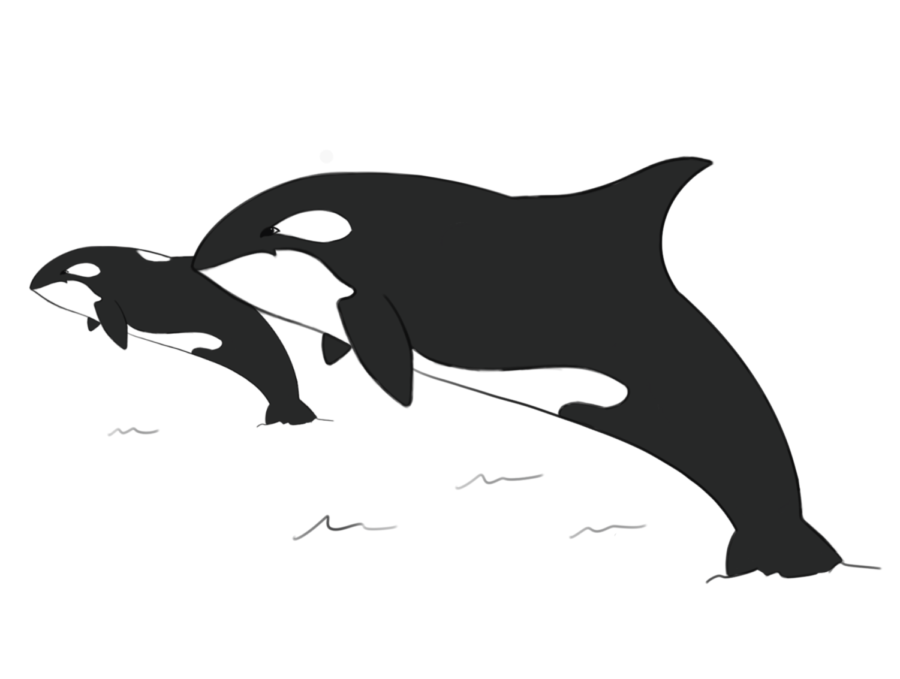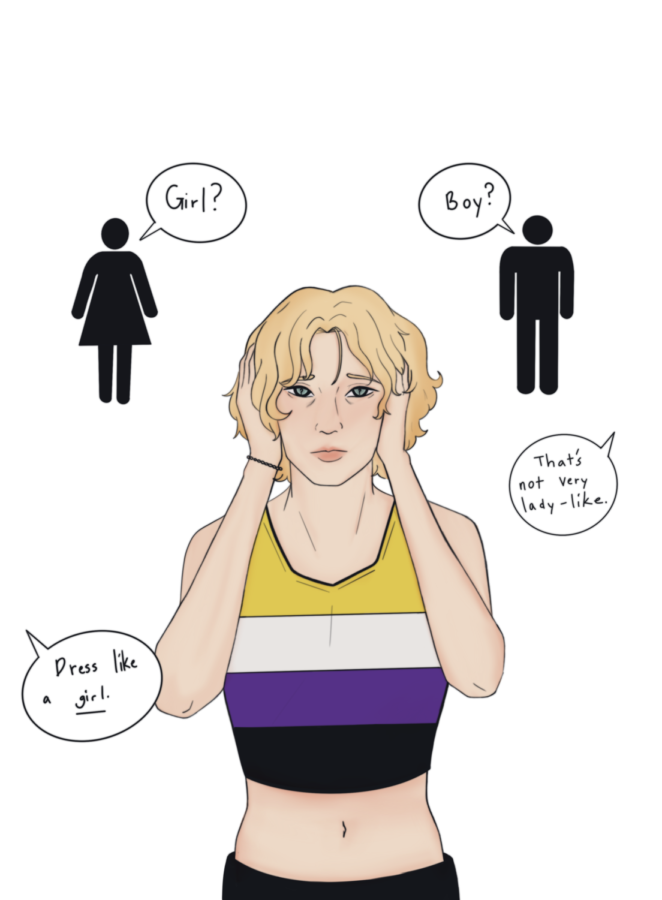Let’s get this out of the way: I like meat, I eat meat and I’ll probably continue eating meat for the rest of my life. However, a video I found on Youtube, followed by subsequent research, has changed my perspective. I can’t eat meat without feeling guilty, and I want you to feel the same, so we can start taking steps towards a solution.
The systems providing the vast majority of our meat at a low cost are at the expense of animal welfare and the Earth. It is imperative that we reduce our consumption of meat.
There are two main arguments against eating meat: killing animals is immoral and meat production is harmful to the environment.
“Regarding the welfare of the animals involved is a luxury that reduces profits,” Lorraine Murray for Saving Earth; Encyclopedia Brittanica said. “The results are overcrowding, disease, high death rates and observable unhappiness for the animals involved… The chickens’ excretions pile up, and the resulting ammonia fumes become so strong that they burn the birds’ eyes, and blindness results.”
The killing process is rather gruesome as well. After being bound to restrict movement, animals are stunned so they won’t feel pain for the rest of the process. According to Britannica, there are three main methods of stunning: mechanical, electrical and using carbon dioxide.
Cows are often stunned mechanically, which entails jamming a heavy metal rod into the forehead of the animal, akin to smashing its head with a hammer. Pigs are stunned via electrocution or gas chambers. Chickens are electrocuted in water.
What’s absurd about this is how people who eat meat don’t seem to think or care much about these facts. Yet, if this were to happen to dogs or cats, there would be an outrage. This is Alex O’Connor’s observation in the video “The Absolute Worst of Cognitive Dissonance.” It is illogical to care so deeply about dogs and cats but disregard the lives of cows, pigs and chickens.
The negative impacts of the meat industry on the environment are well-documented. Raising animals for meat is inefficient by nature since we need to spend resources growing plants like corn in order to feed them. If we cut out the middlemen, the animals, and gave the food directly to humans, we could feed more people while using fewer resources. Additionally, land use is also disrupting the environment.
“[Eating meat is] the single biggest threat to much of the world’s flora and fauna,” Virginia Morell said in an article for Science. “That’s because species-rich habitats are being converted to pasture and feed crops as the human appetite for meat swells.”
In the same article, geophysicist Gideon Eshel said, “Now we can say, only slightly fancifully: You eat a steak, you kill a lemur in Madagascar. You eat a chicken, you kill an Amazonian parrot.”
Not everyone agrees that the consumption of meat is all that bad, however. Some argue that eating meat is natural because humans are made to do it.
Despite this argument, natural and good aren’t the same thing. Diseases are natural; that doesn’t mean we should reject modern medicine. We can still live without meat, and many have done so. There are even vegan bodybuilders and athletes. On a philosophical note, we’re intelligent beings that can make our own choices. We should be logical and hold ourselves to a higher standard.
Another one of the main arguments people make in defense of eating meat is the free-range and pasture-raised options. Some defend their consumption by saying that these methods are more morally sound and fair to the animals.
Even in an ideal world free of the issues mentioned previously, we are still killing animals for our own desires. Cows, pigs and chickens aren’t robots; they’re conscious, feeling and thinking beings. We’re giving them life just to be slaughtered in order to meet our insatiable appetite for their meat. There is no ethical animal farm, only ones that spare their customers from guilt.
The only reason most people continue to eat meat is because it tastes amazing. No matter how much logic is thrown at us, the joy from eating meat is too much to convince us to stop completely, which sucks because of how terrible the production process is. However, there are things we can do to minimize our impact.
Make a conscious effort to buy less meat and meat products at the supermarket. Try more fruits and vegetables. There are also plenty of vegan and vegetarian foods that we already eat. Do what you can, whether that means going fully vegan or simply lowering your meat consumption.
The future for meat substitutes also looks bright. The Impossible and Beyond burgers are being sold in stores and even some fast food restaurants, and they are both delicious. However, costs make it unrealistic for most, which is another issue with switching to more sustainable options that is a behemoth unto itself to cover. Lab-grown meat is also being produced, which is far better for the environment and causes no harm to animals. With the ever-expanding and improving meat alternatives, we can more easily cut back on our meat consumption, and help both animals and the environment by doing so.


